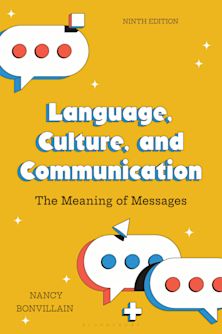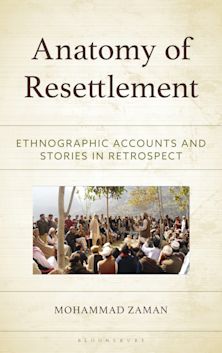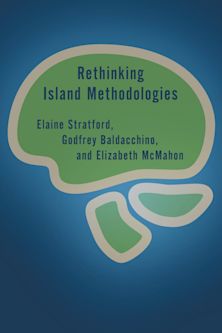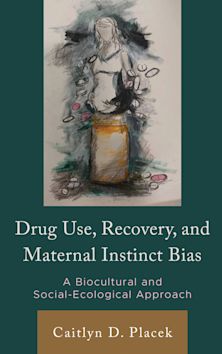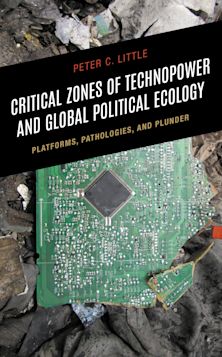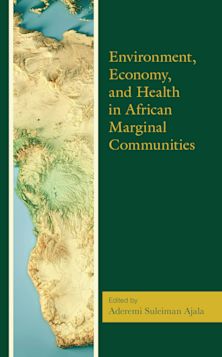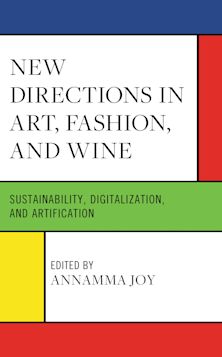Composing Ethnography
Alternative Forms of Qualitative Writing
- Textbook
Composing Ethnography
Alternative Forms of Qualitative Writing
- Textbook
This product is usually dispatched within 3 days
- Delivery and returns info
-
Free US delivery on orders $35 or over
Description
What is it like to have lived with bulimia for most of your life? To have a mother who is retarded? To fight a health insurance company in order to survive breast cancer? Carolyn Ellis and Arthur P. Bochner have assembled innovative pieces which tackle these and other difficult questions, enlarging the space to practice ethnographic writing as the stories are told through memoirs, poetry, photography, and other creative forms usually associated with the arts. The authors demonstrate how ethnographic data can be converted into memorable experiences that readers can use in the classroom and everyday life.
Table of Contents
chapter 2 Preface and Acknowledgments
chapter 3 Arthur P. Bochner and Carolyn Ellis, Introduction: Talking Over Ethnography
chapter 4 Part 1: Autoethnography
chapter 5 1. David Payne, Autobiology
chapter 6 2. Lisa Tillmann-Healy, A Secret Life in a Culture of Thinness: Reflections on Body, Food and Bulimia
chapter 7 3. Carol Rambo Ronai, My Mother is Mentally Retarded
chapter 8 4. Aliza Kolker, Thrown Overboard: The Human Costs of Health Care Rationing
chapter 9 (R. Ruth Linden, The Life Boat is Fraught: Reflection on Thrown Overboard)
chapter 10 5. Mark Neumann, Collecting Ourselves at the End of the Century
chapter 11 Part 2: Sociopoetics
chapter 12 6. Judith Hamera, Reconstructing Apsaras from Memory: Six Thoughts
chapter 13 7. Deborah Austin, Kaleidoscope: The Same and Different
chapter 14 8. Laurel Richardson, Speech Lessons
chapter 15 9. Carolyn Ellis, Maternal Connections
chapter 16 10. Jim Mienczakowski, An Ethnographics Act: The Construction of Consensual Theatre
chapter 17 Part 3: Reflexive Ethnography
chapter 18 11. Marc Edelman, Devil, Not-Quite-White, Rootless Cosmopolitan: Tsuris in Latin America, the Bronx, and the USSR
chapter 19 12. Tanice G. Foltz and Wendy Griffin, She Changes Everything She Touches: Ethnographic Journeys of Self-Discovery
chapter 20 13. Karen Fox, Silent Voices: A Subversive Reading of Child Sexual Abuse
chapter 21 14. Richard Quinney, Once My Father Traveled West to California
chapter 22 Open-Ending, Readers Talk Back
chapter 23 Name Index
chapter 24 Subject Index
Product details
| Published | Aug 27 1996 |
|---|---|
| Format | Paperback |
| Edition | 1st |
| Extent | 400 |
| ISBN | 9780761991649 |
| Imprint | AltaMira Press |
| Dimensions | 9 x 6 inches |
| Series | Ethnographic Alternatives |
| Publisher | Bloomsbury Publishing |












